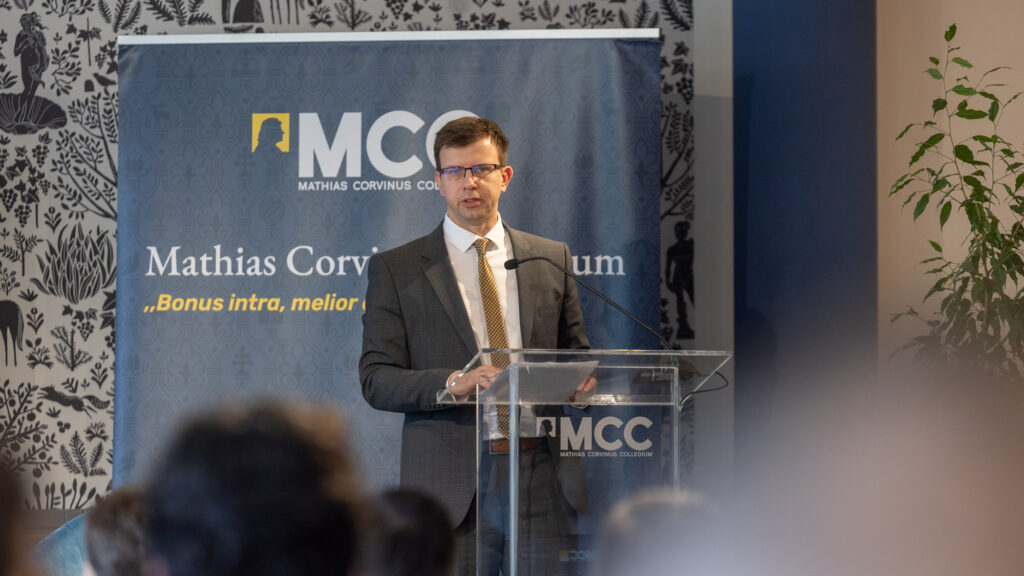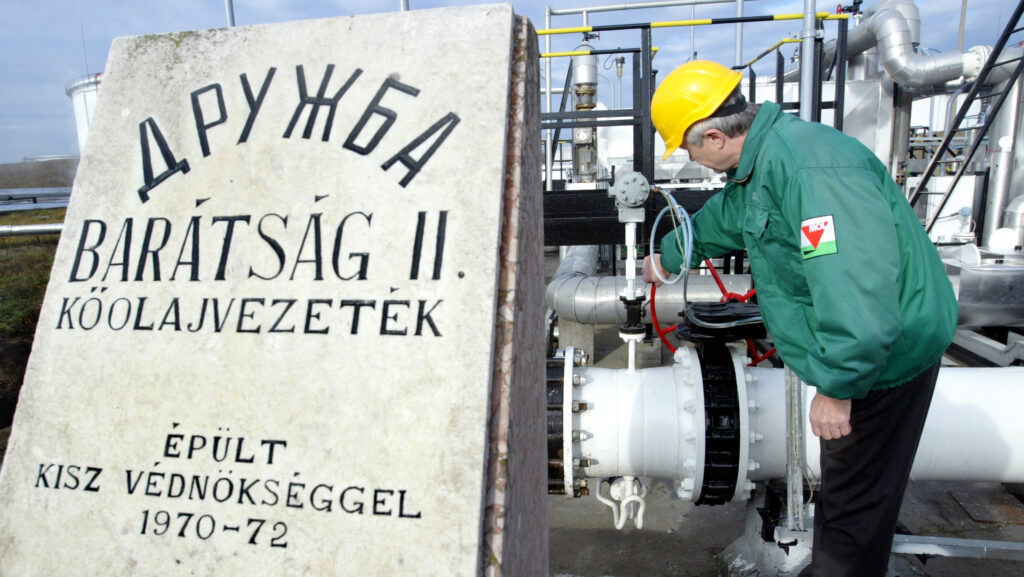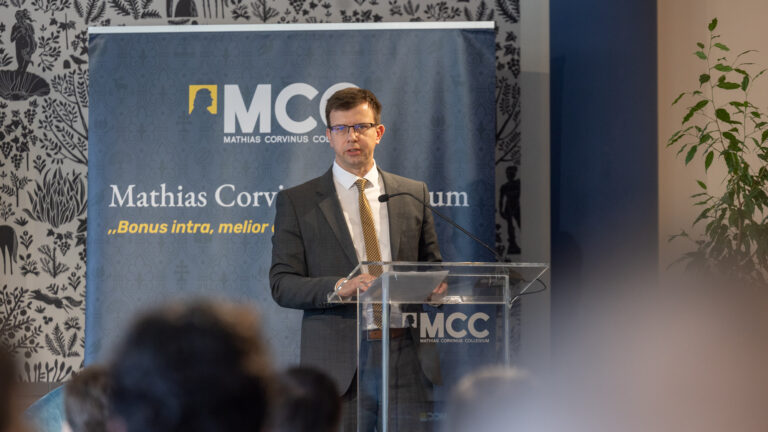In the latest episode of the Blue Planet podcast, former Hungarian President János Áder emphasized that achieving a green financial transition will only be possible through joint efforts by governments, financial institutions, and individuals. The podcast featured economist and financial advisor Gábor Gyura as a guest, discussing sustainable finance and the economic steps needed to reach climate neutrality.
Áder, who now chairs the board of trustees for the Blue Planet Climate Protection Foundation, stressed that while the technology for sustainable solutions already exists, political and financial inconsistencies remain. ‘Despite aiming to move away from fossil fuels, governments are still heavily subsidizing their use,’ he noted. In 2023, 620 billion dollars were spent globally on fossil energy production and consumption, while only 70 billion dollars went to clean energy.
Gyura added that while transitioning to a green economy is a long and complex process, especially considering social justice, countries like Norway are already implementing disincentives for conventional car ownership to support the shift. He warned, however, that the transition requires massive funding—about 200 trillion dollars by 2050, equivalent to one-quarter of the annual US GDP each year on a global scale.
Achieving such scale demands not only private investment and green loans but also robust public support. Although Hungary’s financial environment for green investments has improved over the past five years, Gyura emphasized that long-term, reliable state subsidies are essential—not just temporary programmes.
Mennyi pénz kell az egészséges élethez?
A fenntarthatóság nem pusztán egy manapság divatos kifejezés. Sok esetben eleink is erre törekedtek, csak nem ezt a szót használták rá. A 21. században egyre inkább az egészséges élet (egyik) kulcsa is lehet. Az ENSZ környezetvédelmi programjának fenntartható pénzügyi tanácsadója szerint 2050-ig világszinten 200 ezer milliárd dollárt kellene beletenni a gazdaságba, hogy elérjük a klímasemleges állapotot.
Both speakers noted that regulatory frameworks in Hungary and the EU already define what constitutes ‘green’ homes and energy. Still, Áder pointed out the need for a cultural and institutional mindset shift to build a system that works. ‘This includes public funding, private capital, investment funds, and individuals,’ he said.
Áder also proposed creating an EU-level support mechanism for green transition, modelled after the cohesion funds established for new member states. Reaching the 2050 climate neutrality goal will require deep structural changes in energy production, consumption, and infrastructure, he added, stating that without nuclear energy, the targets are unachievable. Even replacing coal-fired plants with gas could halve emissions, he noted.
Moreover, network and storage infrastructure must be upgraded in tandem with expanding green energy capacity. ‘If storage development lags behind, problems will follow,’ he warned.
Gyura underlined that Hungary ranks among the leaders in Central and Eastern Europe in green financing and sits in the EU’s mid-tier overall. He also welcomed the rapid growth of green lending within the country.
The conversation concluded with both guests questioning GDP as an adequate measure of economic progress. Áder revealed that proposals for alternative indicators—which account for environmental and social impacts—are already on the table, potentially complementing or even replacing GDP in the future.
Related articles:







